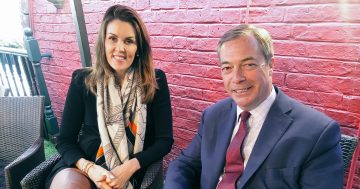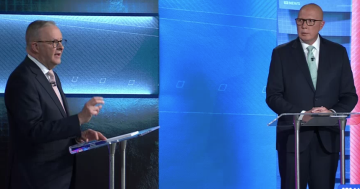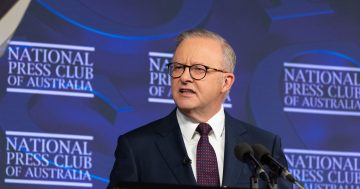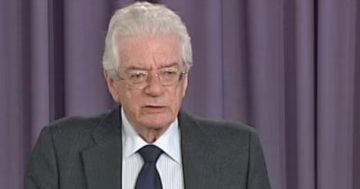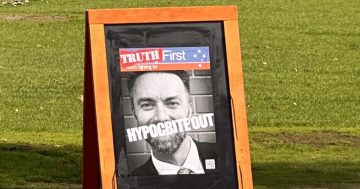Justin Milne* says the ABC remains trusted in a time of declining confidence in other institutions.
 The ABC is an organisation known intimately to every Australian and about which every one of us has an opinion.
The ABC is an organisation known intimately to every Australian and about which every one of us has an opinion.
The letters pages of newspapers contain a steady stream of bouquets and brickbats for the public broadcaster.
Yet according to pollsters, with around 80% support, the ABC is the most trusted media organisation in the country by a very wide margin.
It is one of the few organisations to maintain trust when confidence in institutions everywhere has declined.
This trust has been hard-earned over the ABC’s 86-year history.
But as some in the banking community have learnt recently, that trust can be eroded very quickly.
Some people delight in undermining trust in public broadcasting because they’d rather darkness where we shine light, or because their commercial interests are served when Australians have less media diversity and choice.
The commercial television networks and some newspapers peddle an ever more urgent message that the ABC is hurting their business and should be held back.
They take delight in reviews into the broadcaster’s efficiency and business practices, hoping they will coalesce into a full-blown revision of the ABC’s Charter that relegates the public broadcaster to a ‘market failure’ function limited to programming about fine arts, science, education or philosophy.
This would likely spell the end for popular programming like Four Corners, Australian Story, Gruen or Sea Change because, the argument goes, these programs could be produced by commercial media and taxpayers would save millions.
But this argument misses two points.
Firstly, the ABC’s existence is not and never was based on a premise of market failure.
Our Charter, enacted by legislation, has always required much more of us.
By fulfilling that Charter, we provide Australians with distinctive content, media diversity, a strong creative sector and more.
Even better, the ABC costs each Australian half what it cost 30 years ago.
Secondly, the declining audiences reported by commercial media are not and never have been the fault of the ABC.
What has changed for all media is the arrival of the FAANGs – or Facebook, Amazon, Apple, Netflix and Google – with their mega-billion-dollar production budgets and global scale-economies that have upended business models the world over.
The debate today over the ABC’s digital presence is just as ill-founded as were debates 60 years ago about our presence in television, and 80 years ago about our right to produce independent journalism for wireless listeners.
This reality was again recognised in 2013 when Parliament updated the ABC Act to mandate our participation in the online world.
In doing so, it simply recognised the changing viewing and listening preferences of Australians.
That change will accelerate.
In 20 years, television and radio as we currently know it will cease to exist as Australians complete their migration from broadcast to digital services and stream content on demand to the device of their choice.
None of the ABC’s past innovations are responsible for the fortunes of commercial media. To blame public broadcasting for the challenges they face today is just as wrong-headed as crediting us for the ‘rivers of gold’ the commercial media enjoyed for decades.
If there is any relationship between public and private broadcasting it is a positive one, because our investments make the entire sector more vibrant and viable for everyone.
The coming decades will be no different.
As media companies consolidate and businesses use their global scale to dominate, the existence of an independent ABC will protect diversity and Australian culture – as it always has.
The ABC will help define Australian culture in a fragmenting world. We will provide a trusted voice in a world of contested facts and views. And we will promote debate and accountability through fine investigative journalism.
Australians should not be fooled by the current battle being waged against public broadcasting.
Fringe political interests, populists and commercial media all have a shared interest in weakening the ABC and confining it to market failure activities.
Each would benefit in their own way from a poorer, less capable, less nosey and less relevant ABC.
The question is whether the people of Australia would be better served.
The overwhelming majority of Australians, like me, would think not.
* Justin Milne (pictured) is the Chairman of the Australian Broadcasting Corporation.



